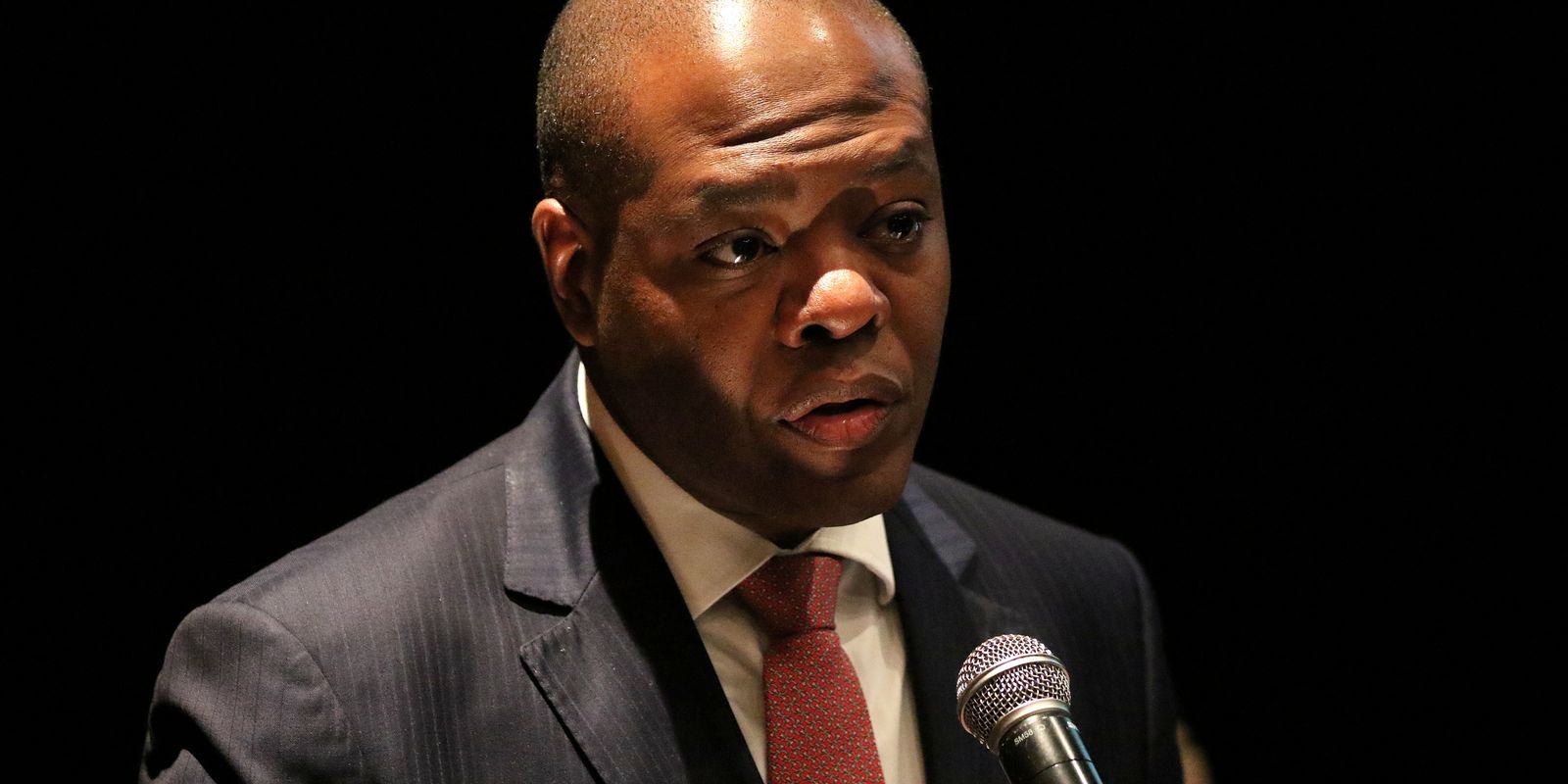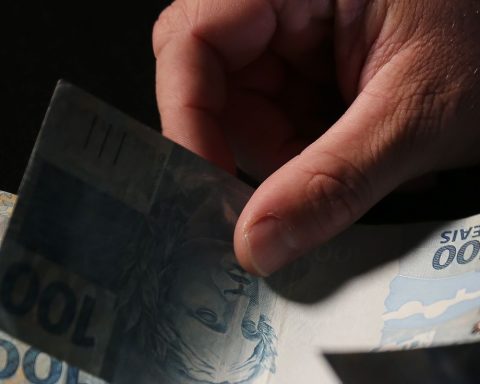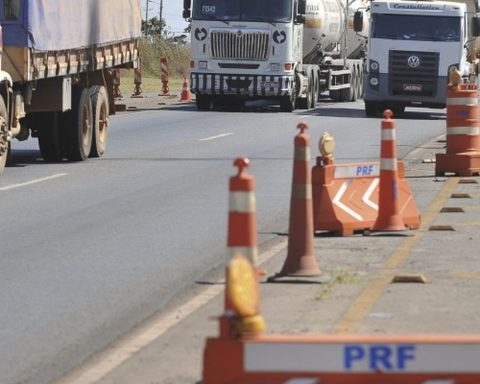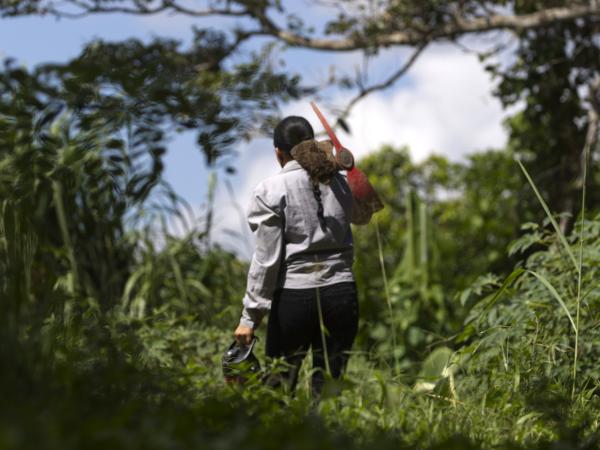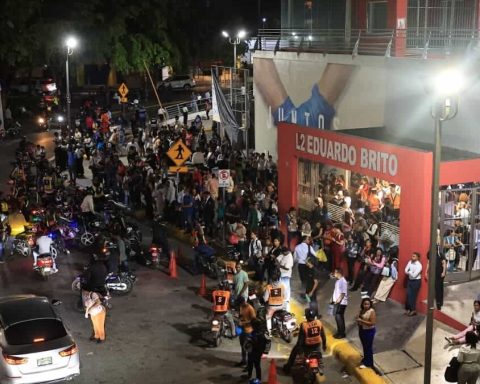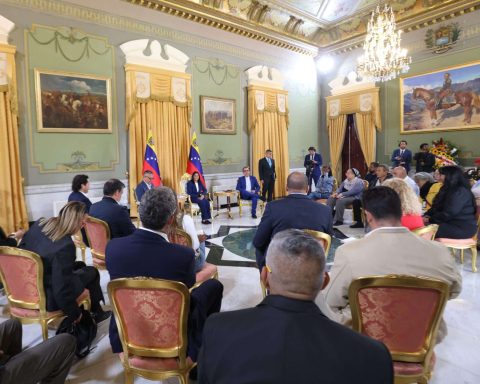The Amnesty Commission, an autonomous advisory body of the Ministry of Human Rights and Citizenship, approved, this Thursday (25), in Brasília, the recognition, by the Brazilian State, that Japanese immigrants and their descendants born in the country were politically persecuted during the Second World War (1939-1945).
The admission of state persecution and/or connivance was a response to the request for collective reparations filed by audiovisual producer Mário Jun Okuhara and the Okinawa Kenjin Association of Brazil on behalf of the entire Japanese community. In 2021, with a different composition, the commission denied a similar request.
During the public session to judge the petition, this Thursday (25), in Brasília, the president of the Amnesty Commission, Eneá de Stutz e Almeida, apologized on behalf of the Brazilian State to the descendants of the Japanese immigrants present at the session.
“I want to apologize on behalf of the Brazilian State for the persecution that your ancestors suffered, for all the atrocities and cruelties, prejudice, xenophobia, and racism. May these stories be told so that this never happens again,” declared Enéa.
Amnestied
As established by Law No. 10,559of 2002, those who, between September 18, 1946 and October 5, 1988, were harmed by institutional, complementary or exceptional acts, as well as those who were punished or persecuted for exclusively political reasons, may be declared political amnesties. In the case of the Japanese community, since it is a collective request, political amnesty, with the character of constitutional reparation, does not involve economic compensation – unlike individual cases.
During World War II, people born in Germany, Italy and Japan who lived in Brazil were prohibited by law from living in coastal cities. The justification was that, in the event of an attack, some of these citizens could assist Axis combat ships by transmitting signals and information. Among the three nationalities, the Japanese were, at the time, the majority along the Brazilian coast, and were the most affected by the measure.
Present at the session, the Minister of Human Rights and Citizenship, Silvio Almeida (photo), classified the officialization “of the recognition, by the Brazilian State, of the serious human rights violations perpetrated in national territory against Japanese immigrants and their descendants” as an “act of justice”.
“Brazil’s participation alongside the Allied forces during the Second World War led to the arbitrary persecution of members of the Japanese community living in Brazil. This included detentions, undue restrictions on freedom of expression and association, torture and confiscation of assets, among other acts of repression that were in line with the process of stigmatization promoted by the state apparatus,” commented the minister.
Also during the hearing of the request, the Minister of Institutional Relations, Alexandre Padilha, highlighted that Brazil is home to the second largest Japanese community outside Japan and that the decision of the Amnesty Commission does justice to the role it played in the construction of the country’s identity. “The work, judgment and verdict of this commission play a fundamental role in saying that episodes like this can never be repeated in Brazil or in the world. [semelhantes aos] judged here”, he concluded.
